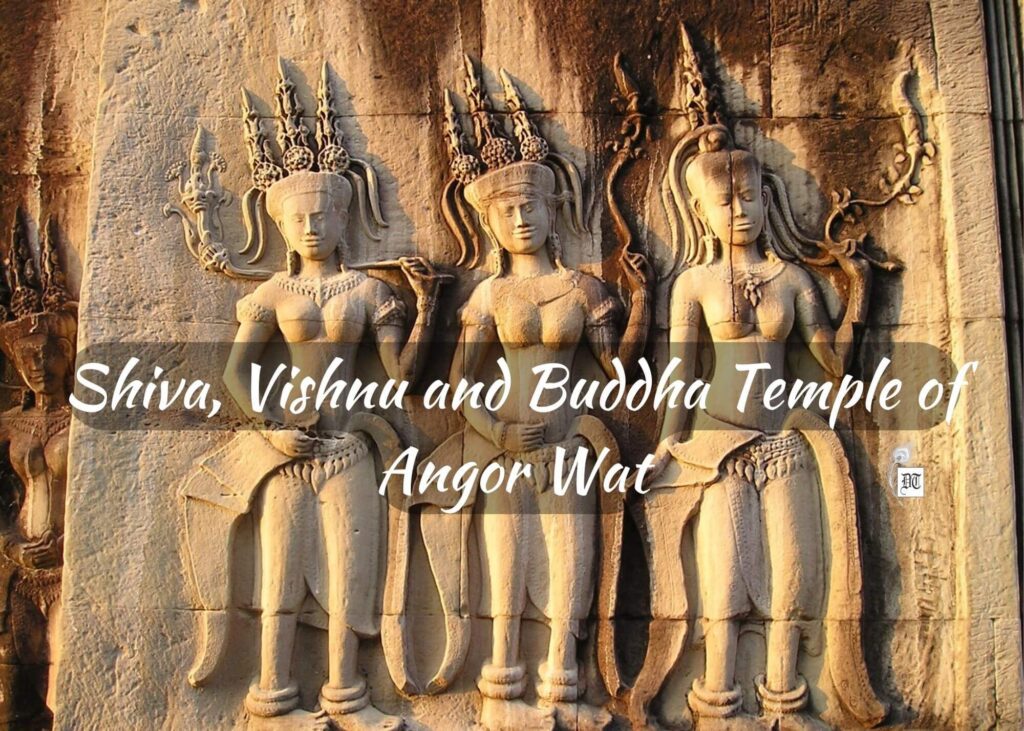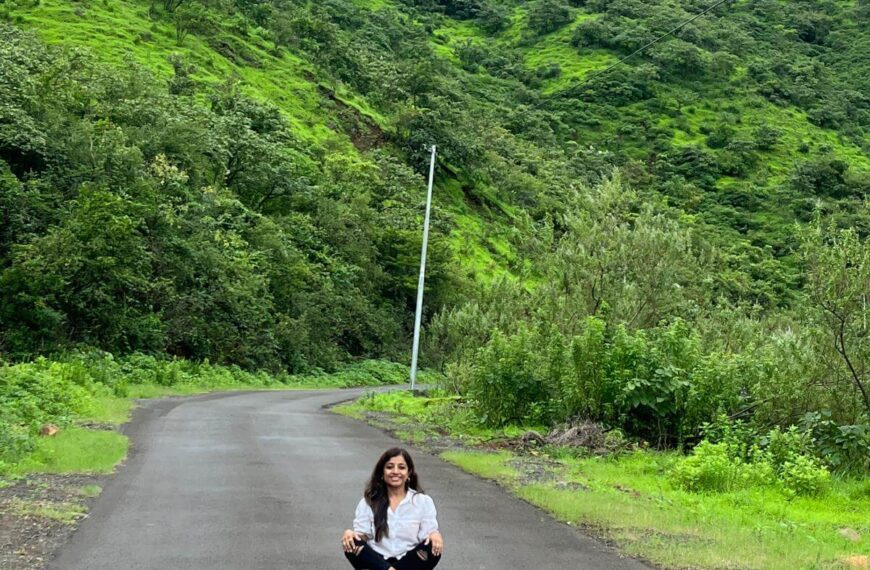Soumya takes us on a tour of Cambodia, exotic and quaint, with its sites and food – exclusively for Different Truths.

Cambodia is exotic and quaint. Very picturesque and touristy. Poor too. Food beats Vietnamese hollow — very few people. The airport felt like some remote railway station — only western tourists. Asians or Indians don’t come here in numbers. US dollars are the currency accepted even by street food vendors and tuk-tuk drivers, the main transport; everyone seems to know English.
Off to Angkor Wat, a dream of so many years
Angkor, the lost city of 390 temples in the forest, where Indian civilisation has been preserved intact for two thousand years, Sanskrit is still known, forgotten gods like Indra have temples, devotees worship Shiva, Vishnu and Buddha with equal fervour, dhoti kurta and sari are the formal wear for all occasions including marriage, vegetarianism is common, food is spicy, people are polite.
There are four forms of namaste for different situations and four kinds of smiles for every occasion.
There are four forms of namaste for different situations and four kinds of smiles for every occasion. Names are Indian; the food is delicious, fish is the main dish, Kulan mountain and the river of a thousand Shiva-lingams.
Swimming under the waterfall was an exhilarating experience; everyone was friendly, even touts and hawkers weren’t aggressive, rice was served with all dishes, good roads, very green countryside, and architecture that made us marvel at our ancestors.

This is now among the top five memorable holidays. Tanzania, Tuscany, Ladakh, Bangaram and Siem Reip.
Kulan mountain and the river of a thousand siblings.
Kulan mountain and the river of a thousand siblings. Swimming under the waterfall was an exhilarating experience.
Ten reasons why Cambodians are like Bengalis:
1. They have rice with every meal, preferably with sweet water fish.
2. Restaurants have hammocks where customers can enjoy a siesta after lunch.
3. Their religious food restrictions are remarkably benign; anyone can keep them.
4. They’re sentimental about communism despite a disastrous communist government in the past.
5. They wear dhuti-punjabi to get married.
6. They’ve suffered major genocide, famine and civil war but do not discuss it.
7. Even the vendors are not aggressive, despite being very poor.
8. An immense variety of street food is available everywhere.
9. They pour water over Shivalinga every Monday.
10. The security guard outside the bank put up a mosquito net and went to sleep at 9 pm.
Picture design by Anumita Roy





 By
By

